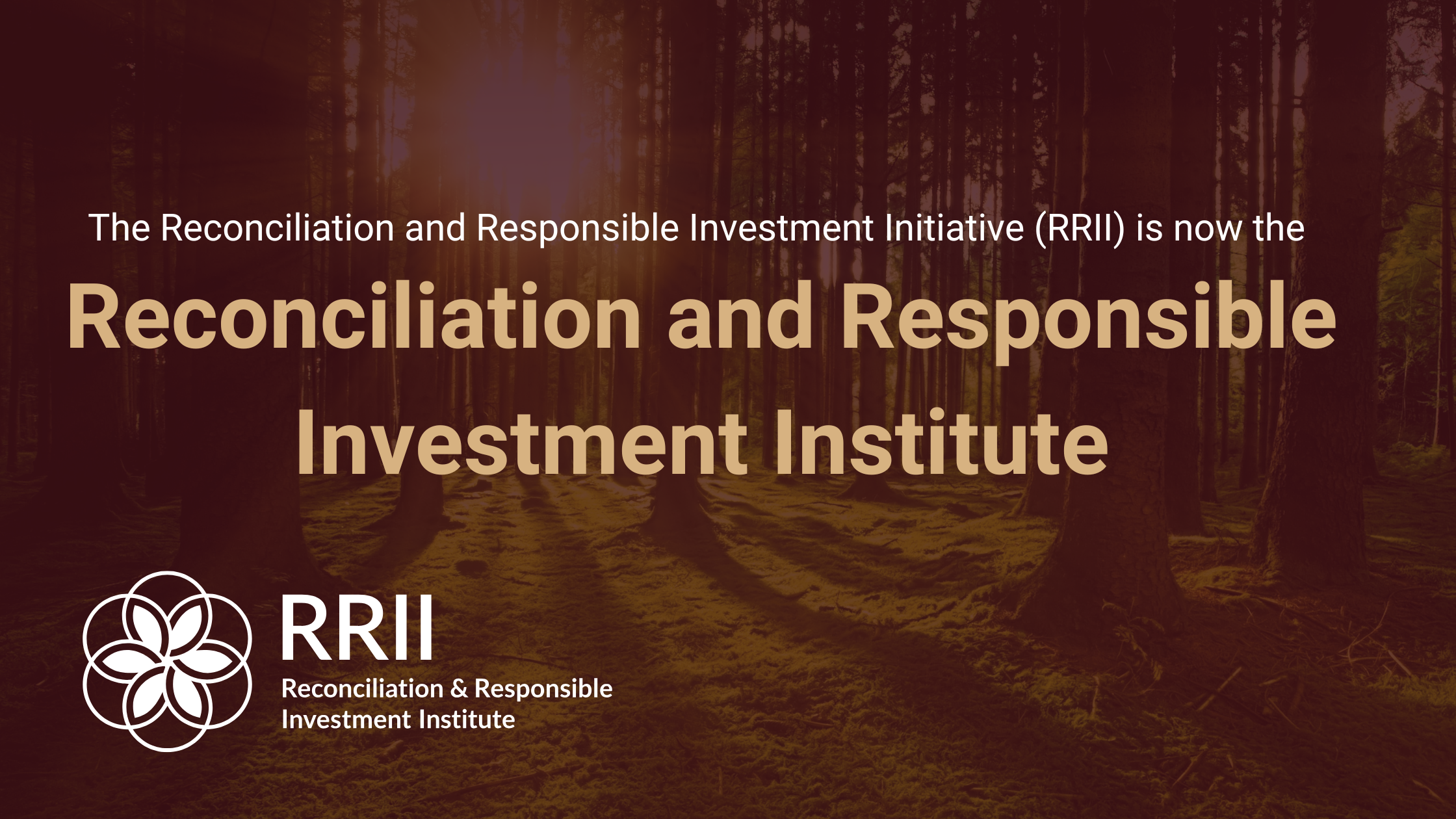The Montreal Gazette
By Mark Sevestre and Kevin Thomas
Although Indigenous peoples have had a visible and growing presence in Canada’s business, political and cultural life, when it comes to Canadians’ investment dollars, Indigenous rights and culture are still too often an afterthought. The consequences can be expensive: the Trans Mountain pipeline continues to be stalled because of inadequate consultation with Indigenous communities.
But awareness is not only about avoiding risk. There are also opportunities for investors to participate in the growing Indigenous economy.
There have been a few green shoots of interest across the country. But we can do so much more.
In its final report, the Truth and Reconciliation Commission called upon all sectors of Canadian society to contribute to reconciliation. If we are to succeed in forever changing the power dynamic between Indigenous and non-Indigenous people in Canada, investors need to join the growing movement to build economic reconciliation.
This week, at the Responsible Investment Association’s conference in Montreal — Canada’s largest gathering of responsible investors — we will be talking about steps investors can take to advance reconciliation in their roles as employers, as key economic actors and as capital providers across the Canadian economy.
Investors can start by learning about the cultures and histories of Indigenous peoples and recognizing the legal and historical underpinnings of their rights. Building this awareness can help investors understand where corporate projects and practices might affect those rights. That understanding can be further developed by establishing relationships with Indigenous organizations, businesses and individuals, including as employees, suppliers and business partners.
When making investment decisions, investors can look for companies that have taken their own steps to implement Indigenous engagement policies. Corporations like CN Rail and Bank of Montreal have achieved certification under the Progressive Aboriginal Relations (PAR) designation from the Canadian Council for Aboriginal Business, which recognizes companies that have developed a comprehensive approach to improving Indigenous economic outcomes within Canada.
Investors can further support reconciliation by using their voices as shareholders to influence the companies they own, either through engagement with corporate management to encourage stronger reconciliation policies and practices, or voting their shares at annual meetings in ways aligned with reconciliation.
For example, in just a few weeks, investors in TransCanada Corporation will have a chance to vote in favour of a shareholder proposal filed by the Pension Plan of the United Church of Canada, asking the company to outline for shareholders how in its business activities it respects internationally recognized standards for Indigenous peoples’ rights. Using one’s proxy vote to hold companies to account is a shareholder’s right, and a responsibility.
There also are a growing number of opportunities to invest directly in the Indigenous economy, although the availability of investable products is still limited. New products are being developed, however, including many by Indigenous financial institutions and organizations like the First Nations Finance Authority and the National Aboriginal Capital Corporations’ Association.
On Thursday, we are publishing a report, Advancing Reconciliation in Canada: A Guide for Investors, detailing steps that investors can take to make economic reconciliation a part of their practice. The product of an ongoing partnership between the National Aboriginal Trust Officers Association (NATOA) and the Shareholder Association for Research & Education (SHARE), it identifies ways for mainstream investors to value reconciliation as a part of their investment process.
The first step, however, is the recognition that reconciliation has a role in investment practice, and vice versa. That recognition will help to unlock the enormous potential that investors have to contribute to the process of reconciliation, and to create a better and more prosperous Canada for the long term.
Mark Sevestre is president of the National Aboriginal Trust Officers Association (NATOA), a charitable organization committed to providing Indigenous peoples with the resources and information to create and manage trusts. Kevin Thomas is executive director at the Shareholder Association for Research & Education (SHARE), which provides responsible investment services to institutional investors.


